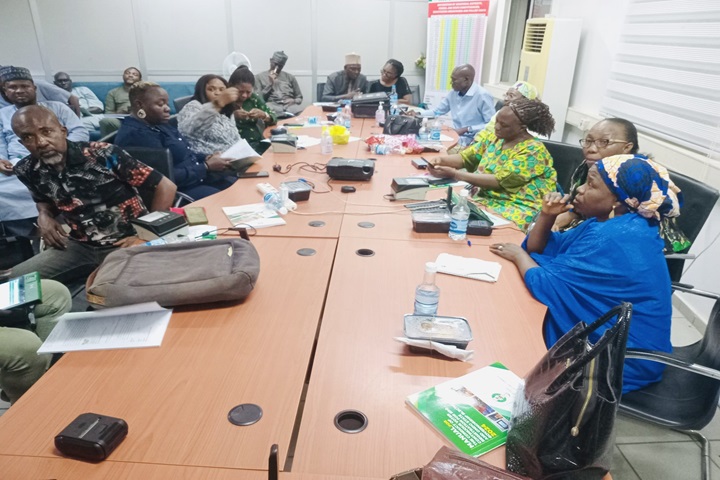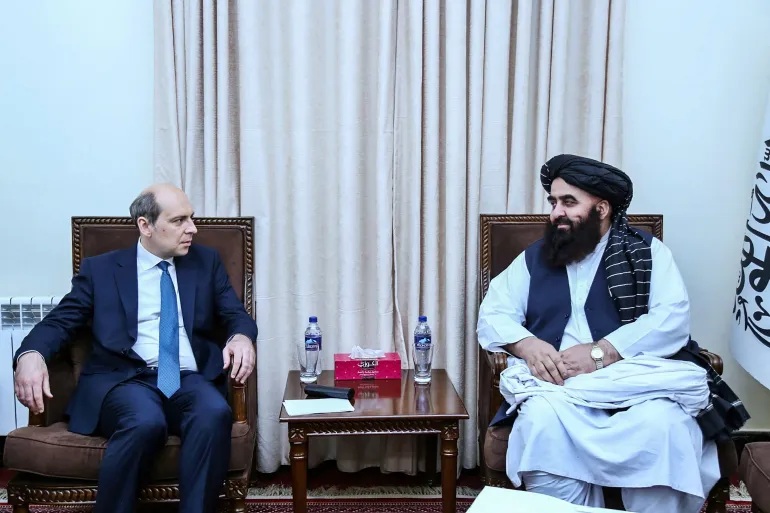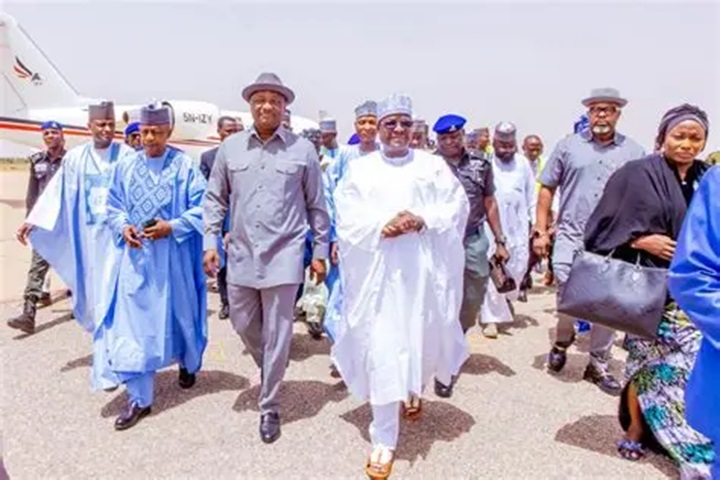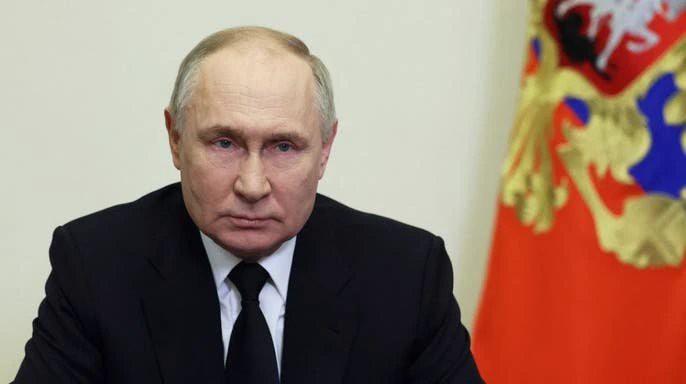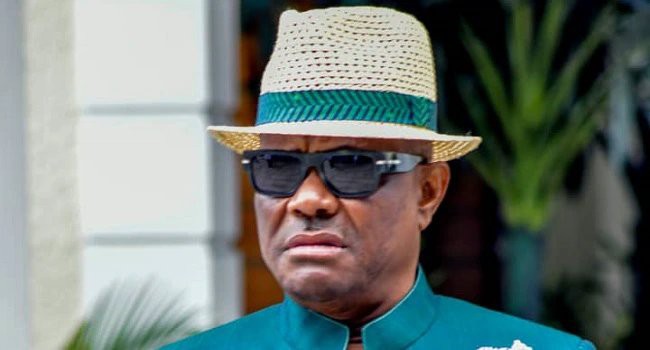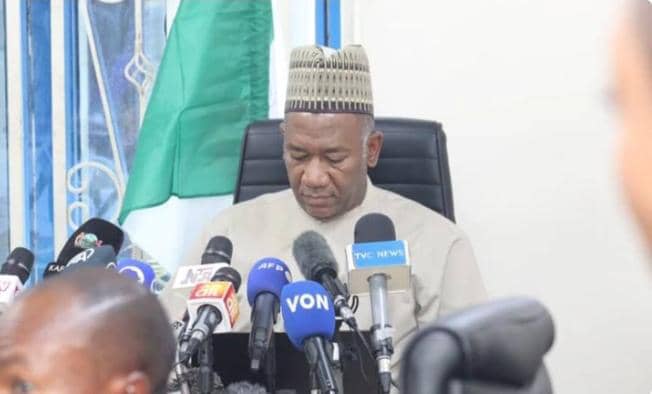Analysis
El-Rufai’s SDP Call
Desperate Power Grab or a Genuine Opposition Move?

Nigeria’s political landscape is once again witnessing a familiar pattern—politicians shifting alliances in pursuit of personal survival rather than national progress. This time, it is former Kaduna State Governor, Nasir El-Rufai, who has called on opposition figures like Atiku Abubakar, Peter Obi, Rotimi Amaechi, and Rauf Aregbesola to join him in the Social Democratic Party (SDP).
At first glance, his call appears to be a strategic attempt at forming a strong opposition against President Bola Ahmed Tinubu’s administration. However, a deeper analysis reveals that El-Rufai’s move is less about national interest and more about securing political relevance for himself.
A Calculated Power Grab, Not Unity
If El-Rufai’s primary goal was to challenge Tinubu’s administration, why didn’t he join the already-forming opposition coalition being built by Atiku and Peter Obi? Instead, he is asking opposition leaders to abandon their parties and join him in SDP—a move that suggests he wants to control the structure rather than be a part of a collective effort.
His strategy raises key questions:
Why SDP and not PDP or LP? The opposition is already working on a unified front. Why is he trying to create a separate faction instead of strengthening the existing coalition?
Is this about Nigeria or himself? El-Rufai has a history of shifting loyalties. Is this move about opposition unity or his own political survival?
El-Rufai’s Political History: A Pattern of Betrayal
El-Rufai’s career is marked by a series of alliances and betrayals:
He was in the PDP under Obasanjo but later turned against the party.
He was one of the key figures in APC’s rise but later fell out with Buhari on policy disagreements.
He initially backed Tinubu for president but is now openly criticizing him.
Now, he is calling on opposition figures to abandon their structures and join him—a move that suggests he wants to be a kingmaker rather than a team player.
His past behavior indicates that he does not stay loyal to any ideology or group for long—only aligning with whichever political structure gives him the most power and influence.
A Divisive, Not Unifying, Move
The biggest risk of engaging with El-Rufai is that his involvement could cause more division within the opposition rather than strengthening it. At a time when Nigeria needs a strong and focused opposition to hold the government accountable, a fragmented approach weakens the movement.
By attempting to lure key figures like Atiku, Obi, and others into SDP instead of uniting with them in an already existing opposition platform, El-Rufai is creating unnecessary political distractions that could ultimately benefit the ruling APC.
Conclusion: Nigeria Needs Genuine Leadership, Not Political Opportunism
El-Rufai’s move is not about rescuing Nigeriait is about rescuing himself. If he was genuinely interested in opposition unity, he would have joined the existing coalition instead of trying to create a new power structure.
Nigeria needs leaders committed to national progress, not politicians looking for their next safe landing. The opposition must be cautious in engaging him, as history has shown that El-Rufai is more interested in his own survival than in building a credible alternative for the country.
For Diaspora Digital Media Updates click on Whatsapp, or Telegram. For eyewitness accounts/ reports/ articles, write to: citizenreports@diasporadigitalmedia.com. Follow us on X (Fomerly Twitter) or Facebook



